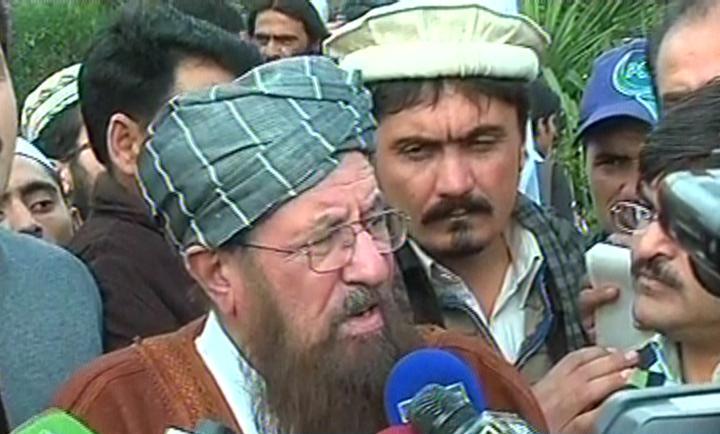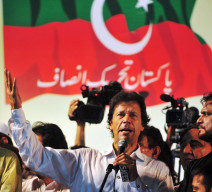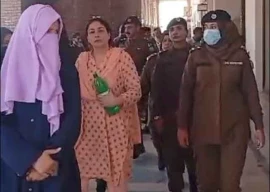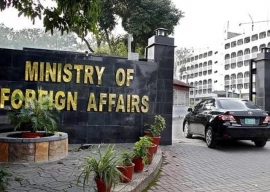
The tough conditions appear to deal a blow to hopes that talks with the government could end the TTP insurgency that has rocked the country since 2007.
Maulana Samiul Haq, the head of the TTP's three-man talks team, told AFP there could be "no peace" in the region while there were still US troops across the border.
His comments were echoed by his fellow TTP negotiator Maulana Abdul Aziz, who also said the TTP's long-held commitment to imposing sharia law across Pakistan was not open to debate.
"Without sharia law, the Taliban won't accept (the talks) even one percent," he told AFP.
"If some factions accept it, then the others won't accept it.
There has been scepticism about what the talks could achieve. Local peace deals reached with the militants in the past have quickly fallen apart.
"Their real agenda is sharia," Aziz said, suggesting that all secular courts based on the common law system be abolished.
"I don't think the government will accept this but they should, because war isn't the way forward."
Prime Minister Nawaz Sharif's announcement last week that he wanted to give peace talks another try caught many observers by surprise.
Professor Ibrahim’s statement
Speaking to the press on Wednesday evening, Jamaat-e-Islami leader Professor Ibrahim, who is on the TTP committee, emphasised that there is an ongoing war between the Taliban and the army.
The Taliban are targeted by both the army and drone strikes. Ceasefire is of fundamental importance to the establishment of peace, he said.
Meeting
Irfan Siddiqui, coordinator of the government’s 4-member committee, said the government and the TTP's respective committees may meet for peace negotiations on Thursday (tomorrow).
Speaking to the media today, Haq stated that talks could not be held today because the members have other commitments.
The government’s representatives will be informed about the time and place for the meeting by the TTP committee.
The two sides were supposed to meet at 2pm at Jamaat-e-Islami’s Islamabad office on Tuesday to formulate a roadmap before the start of formal talks. However, Irfan Siddiqui approached JUI-S chief Maulana Samiul Haq to ask for clarifications before the talks formally commence.
They raised unnecessary issues, Samiul Haq said on Wednesday, remarking that the government wanted to know about the number of members in their committee among other details.
The JUI-S chief also responded to Prime Minister Nawaz Sharif’s suggestion that a member of the TTP should be included in the committee.
“This is a rather strange request. We are an independent committee. We do not belong to the government or the Taliban,” he stated, adding that they would be looking out for the interests of both sides in the talks.
He stressed that their role would be of intermediaries who would go speak to the TTP and then relay their message to the government.
Earlier on Wednesday, during his speech at the Kashmir rally, Samiul Haq had stated that the Taliban are fighting for the constitution of Pakistan.
The government is powerless in putting an end to the drone strikes and distancing Pakistan from the ongoing war, he had also said in his speech.
COMMENTS (4)
Comments are moderated and generally will be posted if they are on-topic and not abusive.
For more information, please see our Comments FAQ










































It must be time limit process. you can't just take days and days. talk to them soon and see if they can be accommodated without compromising national interests.